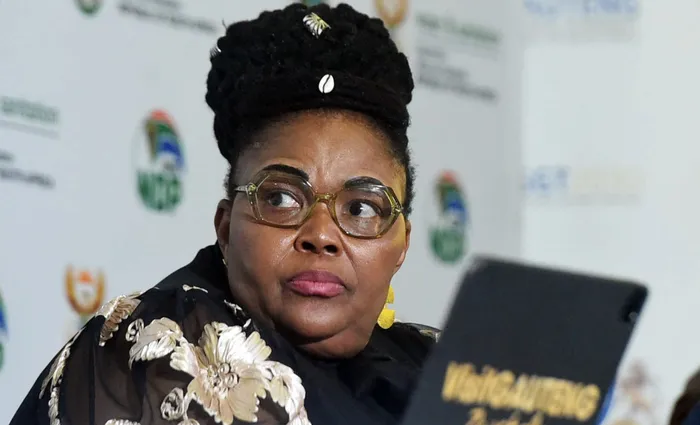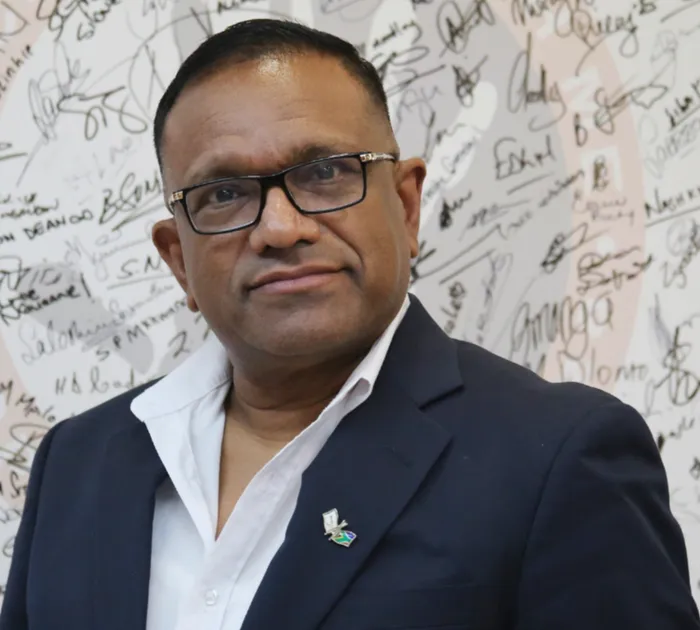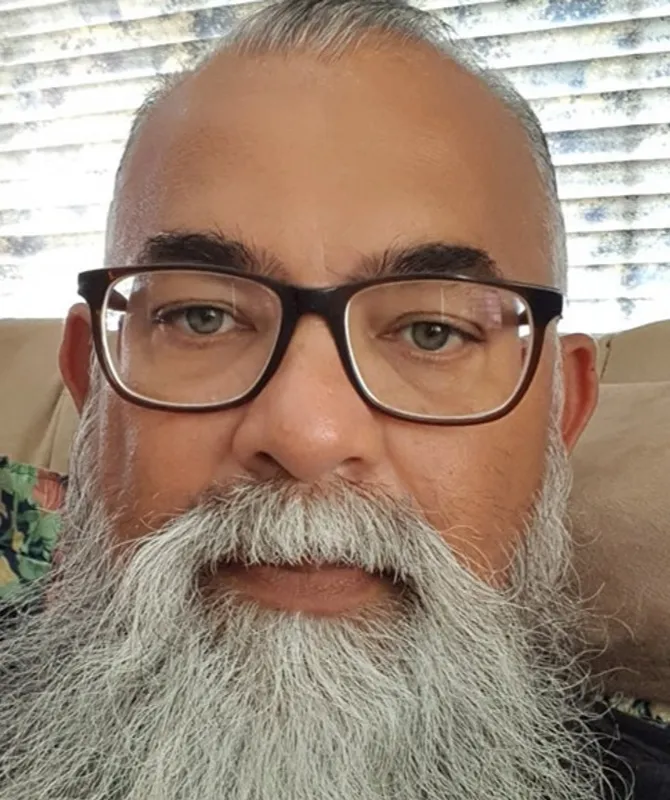Outrage over R50 million spent on water board members
Board members received extravagant gifts

Pemmy Majodina, the Minister of Water and Sanitation.
Image: Itumeleng English / Independent Newspapers
POLITICAL parties and community activists are demanding an investigation into the expenditure of water board members. This was after the Department of Water and Sanitation (DWS) revealed that more than R50 million was spent on “massive pay-outs and travel perks” to board members in the last financial year.
The expenditure and payments to board members was provided by Pemmy Majodina, the Minister of Water and Sanitation, in her reply to Visvin Reddy, a member of the Public Works and Infrastructure, and Water and Sanitation committees for the uMkhonto Wesizwe Party, in the National Assembly.
Reddy had questioned the department's finances and said the financial records of DWS were corroborated by a “credible whistleblower”.

Visvin Reddy
Image: Tumi Pakkies/ Independent Newspapers
The response revealed that the uMngeni-uThukela Water board chairperson, Advocate Vusi Khuzwayo, received R1 533 000 in remuneration for the 2023/2024 financial year, and his total cost to travel was R179 000. He attended 14 meetings for the year.
The total remuneration for the 12 board members was R9 728 000.
At the Rand Water board remuneration for the 13 board members amounted to R7 303 713.
The total remuneration for board members at the country’s seven water boards and the Water Research Commission, together with travel costs, exceeded R50 million.
Reddy said Majodina and her department had failed in their fiduciary duty to ensure transparency, value-for-money, and ethical conduct within public entities.
He said board members had also received extravagant gifts, including branded leather bags valued at over R6 000 each, luxury name-branded pens, watches, perfume, and tech items.
Reddy demanded immediate and urgent action and an investigation into all board members' claims and undeclared gifts.
“We are also calling for the public disclosure of all procurement used for board-related gifting. Some board members, known to be advocates, allegedly claimed hours for board work, while also billing private clients, raising issues of double-dipping, and criminal liability."
Stephen Moore, spokesperson on Water and Sanitation for the DA, said while DWS argued that these amounts were in line with approved policies, it did not make it fair to the millions of people currently without basic services.
Shameen Thakur-Rajbansi, the leader of the Minority Front, said the exploitation of surcharges and tariff hikes for water, which was a non-negotiable commodity for human, animal and plant survival, could be used as a consumer vulnerability by board members to adopt self-serving attitudes.
Jonathan Annippen, from the IFP, said this pointed to mismanagement at governance level, and systemic weaknesses in planning, infrastructure investment, and operational delivery.
“We support a thorough, legislatively guided investigation into the matters raised... Public funds must be protected, and public trust must be restored."
Roshan Lil-Ruthan, spokesperson for the Verulam Water Crisis Committee, said the exorbitant remunerations was a slap in the face to ratepayers and taxpayers who funded these institutions yet received no accountability or cooperation when seeking answers.

Roshan Lil-Ruthan
Image: File
Ish Prahladh, chairperson of the eThekwini Residents and Ratepayers Association, said heads of departments must be dismissed if they do not return the money that was unnecessarily spent.
AfriForum, a civil rights organisation, has called for the Special Investigation Unit to expand their investigation into corruption and the remuneration structures in the country’s seven water boards.
Lambert de Klerk, AfriForum’s Manager for Environmental Affairs, said the “gross misuse of public funds” was an insult to every community that was without clean drinking water.
In a letter to Majodina, AfriForum demanded that DWS cease all attendance at international meetings for water board members until the water crisis has stabilised.
In a statement, DWS spokesperson Wisane Mavasa said the maximum amount earned by a board member in the last financial year was R1.7 million.
“Board members are paid a board fee (which is fixed, equal to 16 hours a month) to compensate them for time spent on preparation for meetings, research, and other official activities of the water board.
“All board fees are determined in accordance with the DWS remuneration policy, developed through an independent comparative study of remuneration of boards in the public sector, and approved by the minister. This policy is reviewed and adjusted annually in line with the Consumer Price Index. Different hourly rates apply depending on the size of the water board.
“The hourly rate is determined by the size and annual budget of the water board using an internationally accepted and recognised grading and linked remuneration methodology. The hourly rates vary between R1 818 per hour for the chairperson of a large water board to R1 150 per hour for a board member of a small water board."
Mavasa said the rates were much lower than the average rates paid to members of boards of comparatively sized companies in the private sector.
“Most of the board members are professionals in fields such as finance, accountancy, law, engineering, and science. The hourly rates paid to board members are in line with the rates. All international travel must be motivated and approved by the minister, who often reduces the numbers of board members allowed to travel, in the interest of cost saving."
Related Topics: